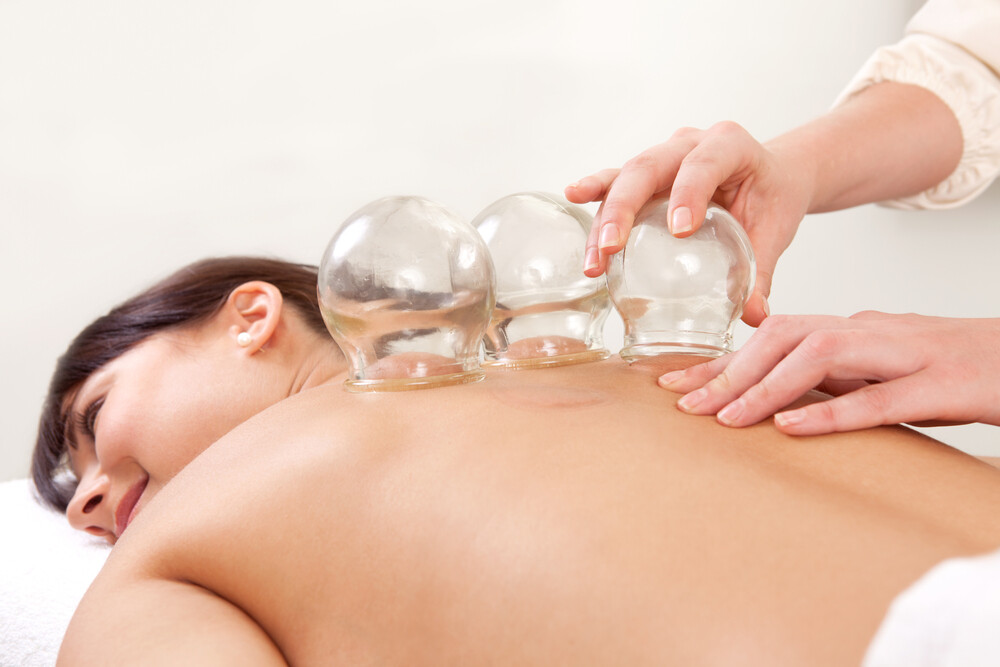Traditional Chinese Medicine (TCM) focuses on the human being as a whole with all circumstances of life. He is healthy when the two opposing poles Yin and Yang are in balance.
What is Traditional Chinese Medicine?
Traditional Chinese Medicine (TCM) is influenced by Confucianism with its strict moral rules as well as by Taoism, which strives for a balanced relationship between man and nature.
Today, especially in the West, a form of classical Chinese medicine that has been modernized since 1950 is applied. The focus is on the human being as a whole with all circumstances of life. He is healthy when the two opposing poles Yin and Yang are in balance. Then the life energy Qi can flow unhindered through all meridians (channels) that run through the body.
All organs are related to each other in this way. Each organ is assigned to one of the five elements (wood, fire, earth, metal, water) that make up the whole universe. These elements nourish and control each other, so that the entire energy is balanced.
Which methods are used in TCM?
In traditional Chinese medicine, pulse and tongue diagnosis as well as in-depth questioning are used. The most widespread TCM therapy in the West is acupuncture as stimulation therapy of the meridians. In moxibustion, the acupuncture points are warmed by burning mugwort (also combined with needles).
Further methods of traditional chinese medicine are energetic massage and acupressure Tuina, relaxing body and breathing exercises such as Qi-Gong and Tai-Chi and medicines made from herbs, minerals and animal extracts. An important pillar of TCM is nutrition according to the five elements: Through certain foods corresponding to the individual elements, the body energy is balanced.
For which complaints is Traditional Chinese Medicine useful?
Traditional Chinese medicine / acupuncture should not be used for surgical indications, in emergency medicine and for cancer in the acute stage. In case of diseases of the immune system, please consult the treating physicians beforehand.
Acupuncture has hardly any side-effects, but circulation problems and fainting are possible – therefore perform it lying down! Allergies are possible with herbal medicines. Pay attention to tested quality of the drugs – danger of contamination. With Tuina: Caution during pregnancy!
For whom is TCM suitable?
Traditional Chinese Medicine (TCM) is suitable for everyone who wants to do something beyond conventional medicine, but who wants to be “cared for” therapeutically. Few self-initiatives are required, except for dietary changes and relaxation techniques. The prerequisite is the openness to engage in a completely different therapeutic concept.
What does the treatment cost?
Statutory health insurance companies currently pay for acupuncture as part of model projects for chronic headaches, chronic lumbar spine pain and chronic pain in knee and hip joint arthrosis. The amount of reimbursement by the statutory health insurance companies varies. A prerequisite is that the treating physician must be licensed by the statutory health insurance companies. Private insurance companies pay for acupuncture for chronic pain. An initial consultation with an anamnesis costs 100 to 150 euros, an acupuncture session 45 to 55 euros. Medications vary in price according to individual needs.

